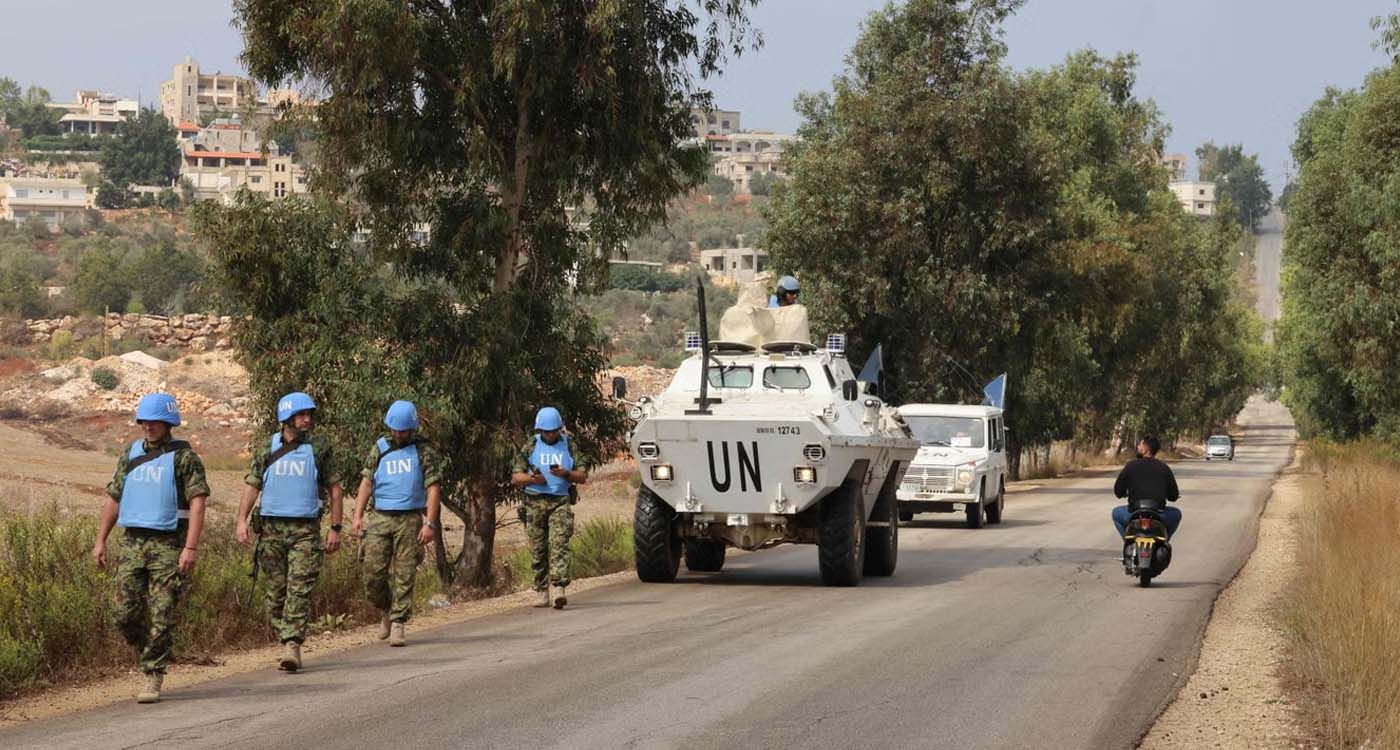
A Western diplomatic source expressed frustration regarding the current state of the opposition in Lebanon. According to this source, the opposition's role is perceived as being limited to superficial appearances and media statements, lacking the ability to exert any influence over Hezbollah. Conversely, Hezbollah faces challenges in a conflict with an uncertain outcome but maintains its dominance as the primary player on the domestic stage, while the opposition remains largely sidelined.
At present, this same source calls on opposition forces to overcome what it describes as trivial differences in light of the major challenges and significant developments Lebanon will have to face. The source advocates for the formation of a unified political front akin to the renowned Lebanese Front or the Kornet Chehwan gathering. This unified front would be instrumental in devising a political roadmap for the future and establishing itself as a credible player in domestic politics, directly competing with Hezbollah.
Furthermore, the source disclosed that Hezbollah is banking on a return to the pre-October 8, 2023 situation in the country, without presenting any new initiatives beyond the statements made by Nabih Berri, the leader of the Amal Movement. While Berri asserts that Hezbollah has agreed to adhere to Resolution 1701, the pro-Iranian group has not publicly confirmed such a stance. In reality, Hezbollah perceives the implementation of this resolution as an existential threat. The source warns that the Lebanese opposition's political leniency towards Hezbollah could plunge the country into turmoil, with limited viable options available, summarized as follows:
First: Continued conflict, with Israel causing further destruction in southern villages and imposing a blockade to hinder Hezbollah's rearmament.
Second: A unilateral cessation of hostilities by Israel, preventing the reconstruction of homes and the return of displaced people to the south, while enforcing control south of the Litani River, potentially creating a buffer zone through coercive means.
Third: A potential agreement between Israel and Hezbollah, leading to an extended period of calm while not ruling out the prospect of a future conflict, allowing for the repatriation of residents from northern Israel and southern Lebanon.
None of these scenarios would weaken Hezbollah's grip on Lebanon; instead, they could reinforce its dominance unless a robust opposition emerges with a comprehensive vision and strategy to restore the state, its sovereignty and independence. The source emphasizes the critical need for the Lebanese people to seize the opportunity presented by recent events to shape a brighter future, even if Hezbollah accuses them of politically exploiting the situation.




Comments